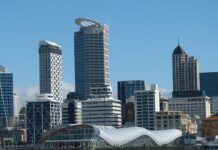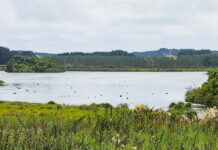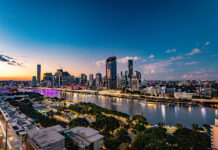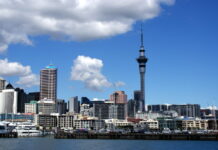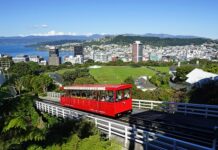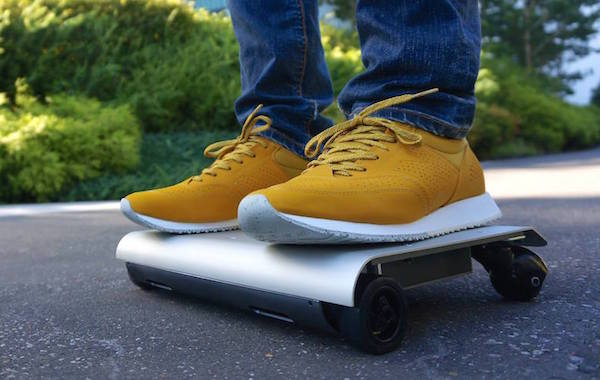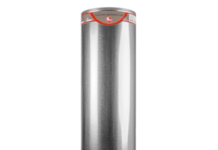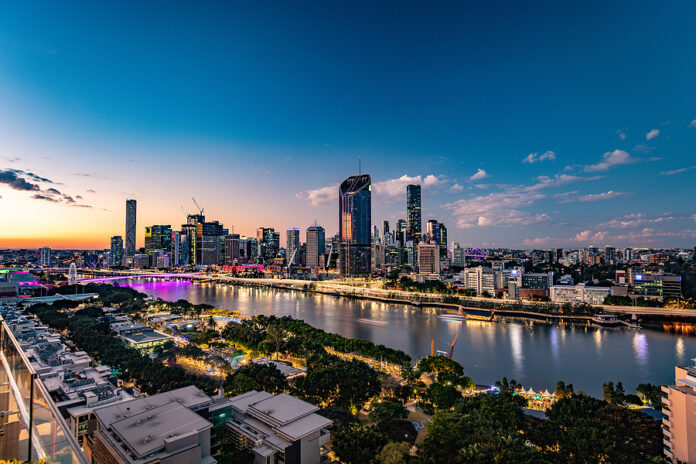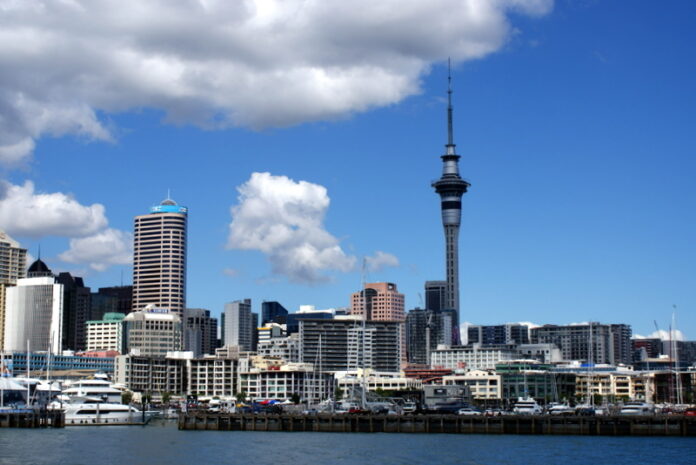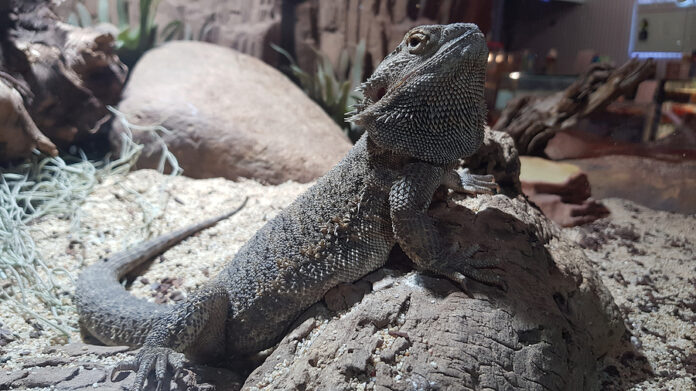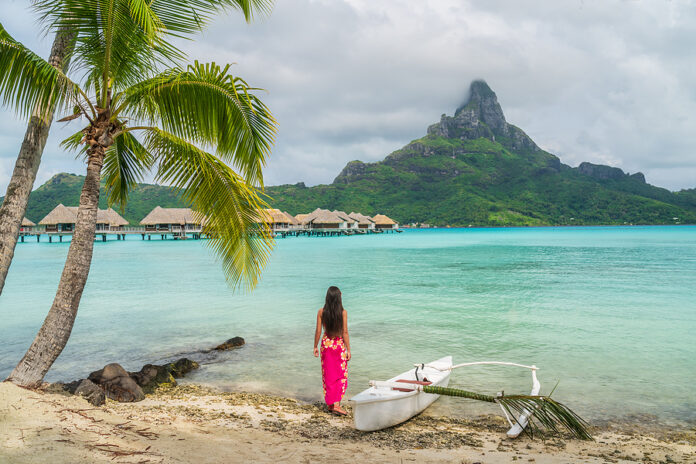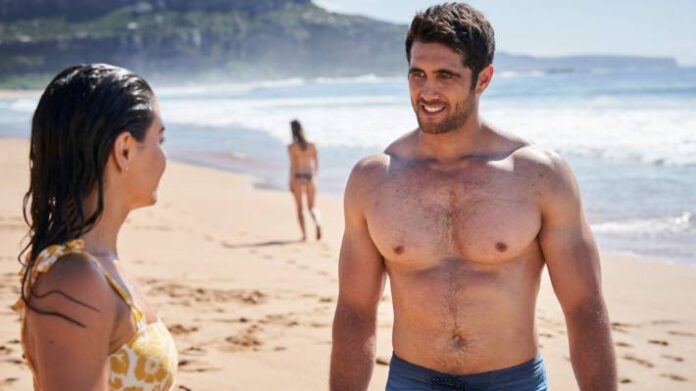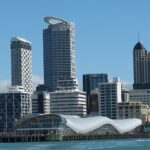Kids in New Zealand are experiencing issues with preventable tooth decay according to a nation-wide study which found that kids that didn’t have access to a fluoridated water supply were much more likely to experience severe tooth decay. The study analysed data from more than 275,000 children between 2011 and 2016 found that almost one in seven four year old children were suffering from preventable dental issues. Most were not receiving the dental care they needed and their baby teeth were decaying as a result, which affected adult teeth. The purpose of the study was to show the importance of fluoridation in community water supplies as it is the easiest and most cost effective way to protect the teeth of kids in New Zealand.
The rates of decay were highest for children in lower socio-economic areas or Maori and Pacific children although there were still high rates for children living in high income areas. Young children suffering from severe tooth decay and other dental issues often required general anaesthetic and experience chronic tooth pain and abscesses. Despite the country having national policy in place that says everyone should receive water fluoridation in New Zealand, only about half of the country receives it – children living in lower socio-economic areas are disproportionately disadvantaged when it comes to dental health as a result because they do not receive fluoridation.
The research on children dental health issues was undertaken with the aim of encouraging the New Zealand government to take action on the issue to try and address the widespread and sever issues with dental health that many young children are experiencing – it will also hopefully help to push policies and bills on dental health in the country forward, some have been stalled in New Zealand since 2016.



